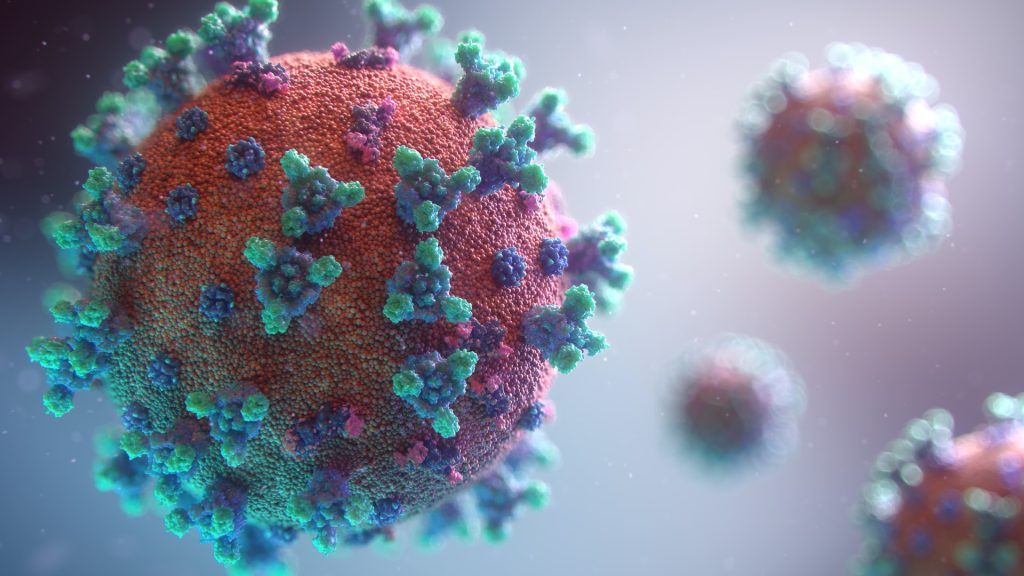
A small interventional trial with 15 severely ill COVID patients showed an ‘astounding’ effect of fenofibrate as a treatment.
Recently, Professor Yaakov Nahmias’ team at the Hebrew University of Jerusalem (HU) reported that COVID causes abnormal accumulation of lipids, known to initiate severe inflammation through a process called lipotoxicity. In 2020, the researchers conducted lab testing of fenofibrate, a lipid-lowering drug, showing it both reduced lung cell damage while blocked virus replication. These results have since been confirmed by other studies, and in October 2020 an observational study was reported to support the original findings. This led to an interventional, single-arm open-label study to validate the findings.
The study recruited 15 severe-hospitalised COVID patients with pneumonia requiring oxygen support, who were given 145 mg/day of fenofibrate for 10 days in addition to standard care and continuously monitored for disease progression and outcomes.
‘Astounding’ results
“The results were astounding,” Prof Nahmias declared. “Progressive inflammation markers, that are the hallmark of deteriorative COVID, dropped within 48 hours of treatment. Moreover, 14 of the 15 severe patients didn’t require oxygen support within a week of treatment, while historical records show that the vast majority severe patients treated with the standard of care require lengthy respiratory support,” he added.
No ‘silver bullet’
Fenofibrate is a well-known, FDA-approved drug for the treatment of hypertriglyceridemia, primary hypercholesterolemia, or mixed dyslipidemia and has a good safety profile. “There are no silver bullets,” cautioned Nahmias, “but fenofibrate is far safer than other drugs proposed to date, and its mechanism of action makes is less likely to be variant-specific.”
“All patients were discharged within less than a week after the treatment began and were discharged to complete the 10-day treatment at home, with no drug-related adverse events reported,” noted Professor Shlomo Maayan, head of Infectious Disease Unit at Barzilai, where the study was conducted. “Further, fewer patients reported COVID side effects during their 4-week follow-up appointment,” he added. These preliminary findings are promising for patients who severe the acute phase of severe COVID.
However, the researchers stressed that while the results were extremely promising, only randomised placebo-controlled studies can serve as basis for clinical decisions. “We entered the second phase of the study and are actively recruiting patients,” explained Prof Nahmias, noting that two Phase 3 studies are already being conducted.
The findings, which are currently under peer review, were released on Research Square.
Source: Medical Xpress

